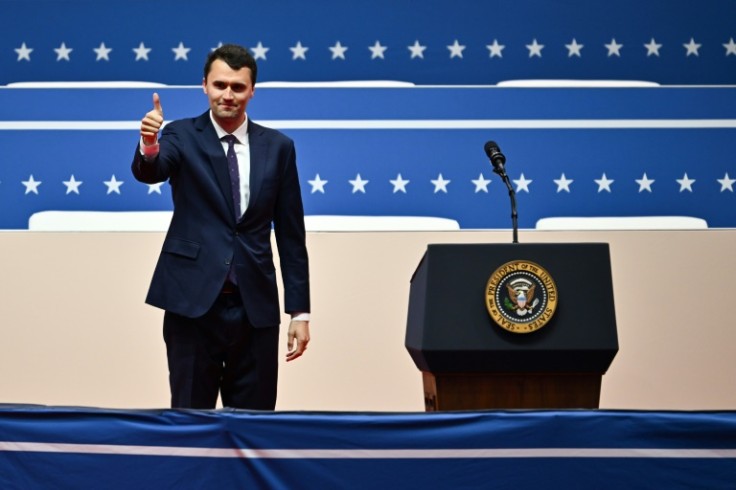Charlie Kirk's Death Leaves Utah Valley University, and a Nation Searching for Answers
By
The fatal shooting of conservative activist Charlie Kirk on Utah Valley University's campus has left a community in shock and a nation wrestling with questions of political violence, free speech, and the role of universities as arenas for public debate.
Kirk, 31, was scheduled to speak at UVU on Wednesday when he was struck by gunfire from a rooftop across the street. Authorities confirmed later that evening that a suspect had been arrested, though they have not yet disclosed a motive. The FBI is assisting state and local police in the investigation.
The shooting — which was captured in part on video and spread quickly on social media — has been called one of the most high-profile acts of violence against a political figure on an American campus in recent memory.
UVU's Response: Shock, Grief, and Security Concerns
University leaders acted swiftly to address the tragedy. In a message to faculty and staff, officials described the shooting as "deeply disturbing" and emphasized the school's focus on healing and dialogue in the wake of the violence.
"Today's act of violence at Utah Valley University, resulting in the death of Charlie Kirk, co-founder of Turning Point USA, is deeply disturbing. Our deep condolences are with Mr. Kirk's family, loved ones, and all who were present during this horrific incident," the statement read. "The U's Department Public Safety Department is working to increase safety measures on campus to make police officers available to speak to students, faculty and staff. Additional public safety patrols and layers of security will be present at university events today and the rest of the week."
A Broader Debate: Political Violence on Campus
The tragedy has reignited debates around political violence and free expression in the United States. For years, universities have been flashpoints in broader cultural and political battles, with student groups clashing over invited speakers and campus policies.
Kirk's presence often drew both packed auditoriums of supporters and organized protests from detractors. His death now raises the question of how universities can continue to provide space for ideological exchange without putting lives at risk.
Security experts note that campuses are inherently open spaces, making them difficult to secure against targeted violence. The incident at UVU may prompt new national guidelines on how schools handle politically charged events.
The Life and Legacy of Charlie Kirk
For supporters, Kirk was more than a campus speaker — he was a driving force behind a new generation of conservative activism.
In 2012, at just 18, Kirk co-founded Turning Point USA, a nonprofit that grew into one of the most influential conservative youth organizations in the country. The group built a vast presence on college campuses, advocating for free markets, limited government, and traditional values.
By his late twenties, Kirk had become a fixture on television, radio, and social media. He was a frequent guest at conservative conferences and an ally of former President Donald Trump, who praised him as one of the movement's rising stars.
Kirk's sharp commentary — often critical of progressive ideology, campus "cancel culture," and what he called the "left's war on free speech" — made him a hero to many and a lightning rod for criticism.
"He gave young conservatives a voice on campuses where they felt silenced," said one student. "For so many of us, Charlie was proof that we weren't alone."
A Polarizing Figure
But Kirk's style was also deeply polarizing. Critics accused him of fueling division and amplifying conspiracy theories. His events often drew protests, some of which turned tense or violent, though rarely to the level seen in Utah this week.
The fact that he died on a university campus — the very arena where he sought to build his influence — has added a symbolic weight to his passing.
Looking Ahead
Back at UVU, grief and uncertainty hang over the campus. Counseling services have been expanded, and student groups are organizing vigils in Kirk's honor. Faculty members are planning open forums to discuss political polarization and safety.
University officials maintain they will "do everything possible to minimize disruption to students" as the semester continues. But with the investigation still unfolding, and the nation still absorbing the shock of Kirk's death, questions about campus safety and the future of political discourse in higher education remain unanswered.
For now, Utah Valley University — and the thousands touched by Charlie Kirk's work — are left to mourn and reflect on what his life, and his tragic death, mean for the future of free speech in America.
© 2025 University Herald, All rights reserved. Do not reproduce without permission.








